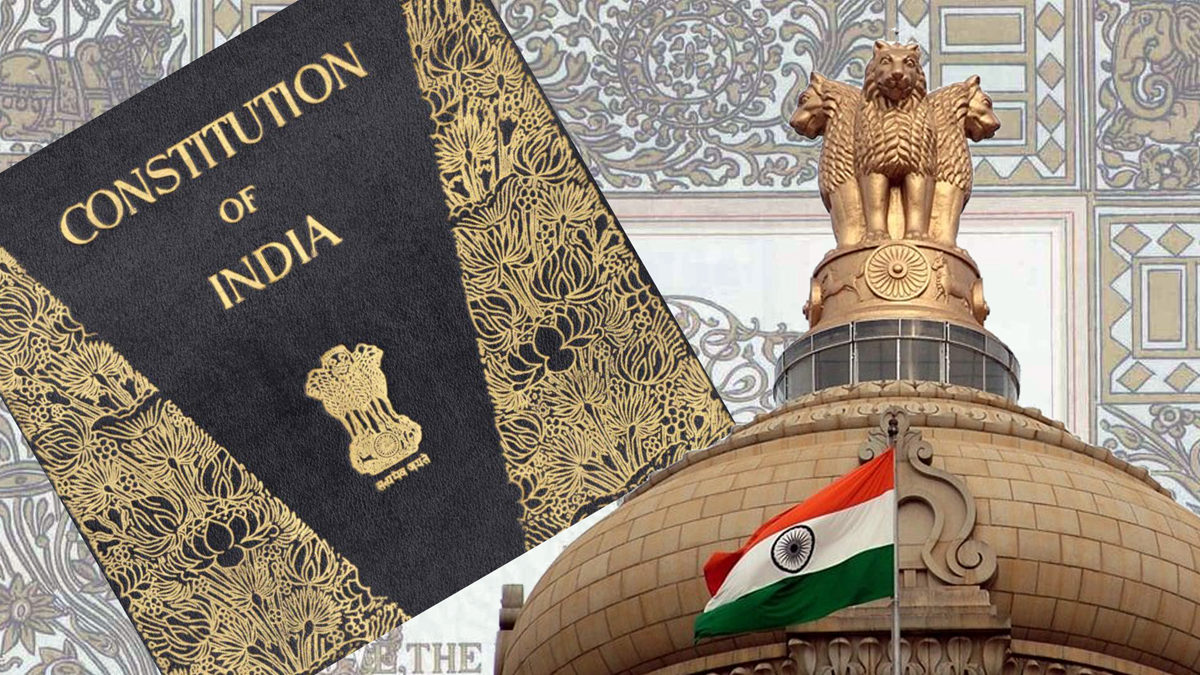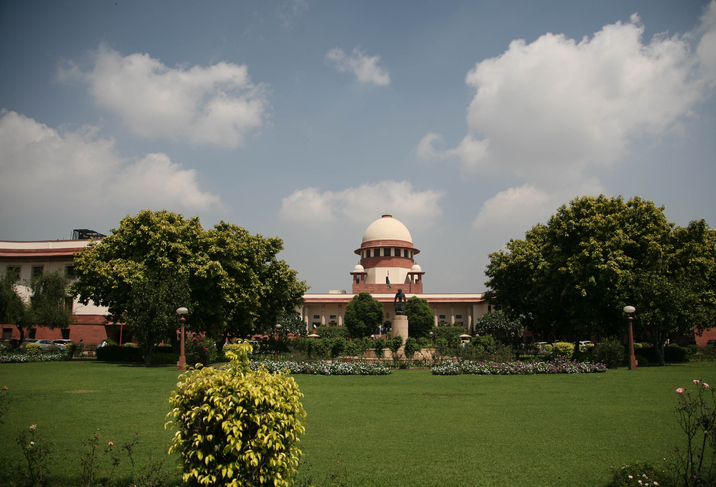
What’s the Point of Constitutional Law?
Introducing Rules of the Game, our new blog series clarifying contemporary issues in Indian constitutional law
What’s the point of rules in a game?
Imagine you are playing a game like cricket. Whether it is test cricket, one-day, or T20, you are one of a number of players playing in opposing teams. The players use their skills, strategies, and grit to defeat the other side and win the game. But win what? Win how? It is immediately clear that you can’t imagine the idea of winning a game unless you know its rules. How would you play cricket if you didn’t know that one team had to get the other out while the latter tried to score runs? Or if it wasn’t clear how wickets were to be taken or where the boundary was? Without a common set of rules for the game, what would we be playing? Cricket is not an all-out brawl. Nor is boxing.
What’s the point of rules in politics?
Now consider these examples of controversies in Indian politics from the last few years:
- In debating the Citizenship Amendment Act, critics of the law argued that it should be scrapped because it discriminated on the grounds of religion while its proponents argued that such discrimination already took place in Indian law and was permissible in certain conditions.
- The electoral bonds scheme was proposed as a way for all political parties to have a fair chance to get funding without the funders being targeted by the government. And yet if politicians win elections because of funding, they might care more for their funders than for the citizens they represent.
- When states like Jammu & Kashmir were included within the Union of India, their representatives agreed to join on conditions that were incorporated into the Constitution. If changes in circumstances over the years mean that those conditions have to be violated, future conditions and promises placed in the Constitution may seem less reliable.
These are just three out of numerous examples of recent controversies in Indian politics. In such instances, public opinion has often visibly split along political lines, with many Indians’ stances regarding the measures coinciding with their political preferences. This can make it seem like these issues are just like all the other clashes that political rivals habitually get into. But they aren’t. They are questions of constitutional law. And this can be easy to forget given how seamlessly constitutional issues are paraded alongside the daily sparring of beliefs in India’s political landscape on the news and the internet.
Today more than ever before, politics can seem like a lawless territory where only your own side’s interests matter and winning is everything. But imagine if India had to engage in governance and politics without a constitution. How would we decide which persons would deal with which governance questions? Would an elected government be able to do whatever it liked to any person? What kind of elections, if any, would we have? Put in this way, it becomes obvious that constitutional law isn’t just an abstract and distant subject meant only for judges or lawyers. Constitutions set out the basic rules of the political game and make governance possible. Like cricket, governance is not an all-out brawl. Nor is politics.
What’s the point of the game?
Certain basic issues should not split us along political lines. Just as cricket players need to have a common understanding about how cricket is played, different political players also need to have some common understanding about what is and isn’t allowed. The Constitution is meant to provide that common understanding.
But a constitution is only as effective as its terms are actually understood. For far too long, popular respect for the Constitution of India has been assumed to exist even if its concrete concepts and ideas have been inaccessible to most citizens. This is clear from the way in which we often debate constitutional questions like the three examples mentioned above. Instead of locking horns with opponents based on immediate political interests, disagreements over constitutional law have to be resolved by discussing what the Constitution really says and what values it protects when it says something. When is religious discrimination justified? What information does a voter have a right to? How are particular provisions of the Constitution amended? Posed in this way, these issues are considered as they should be: by looking beyond the immediate disagreement and considering the long-term consequences of our constitutional choices.
And these are exactly the kinds of choices we are increasingly faced with today. Just as there are variations to cricket like T-20 and ODI, there are different versions of the Constitution of India that governments and courts can lead us towards. The kind of game we want to play depends on what we want from the game. Do we want our government to achieve all its goals effectively and conveniently? Do we want it to be highly centralised? Single party? Ethnonationalist? Theocratic? All of this is possible if we change the rules.
But do we want the game to be fair? Would we play cricket if it wasn’t?
In our new series of blog posts, Rules of the Game, we hope to give readers a clearer perspective on what is at stake in contemporary issues affecting the Indian Constitution, what the law on the matter looks like, and why we should care about where it is headed next.



